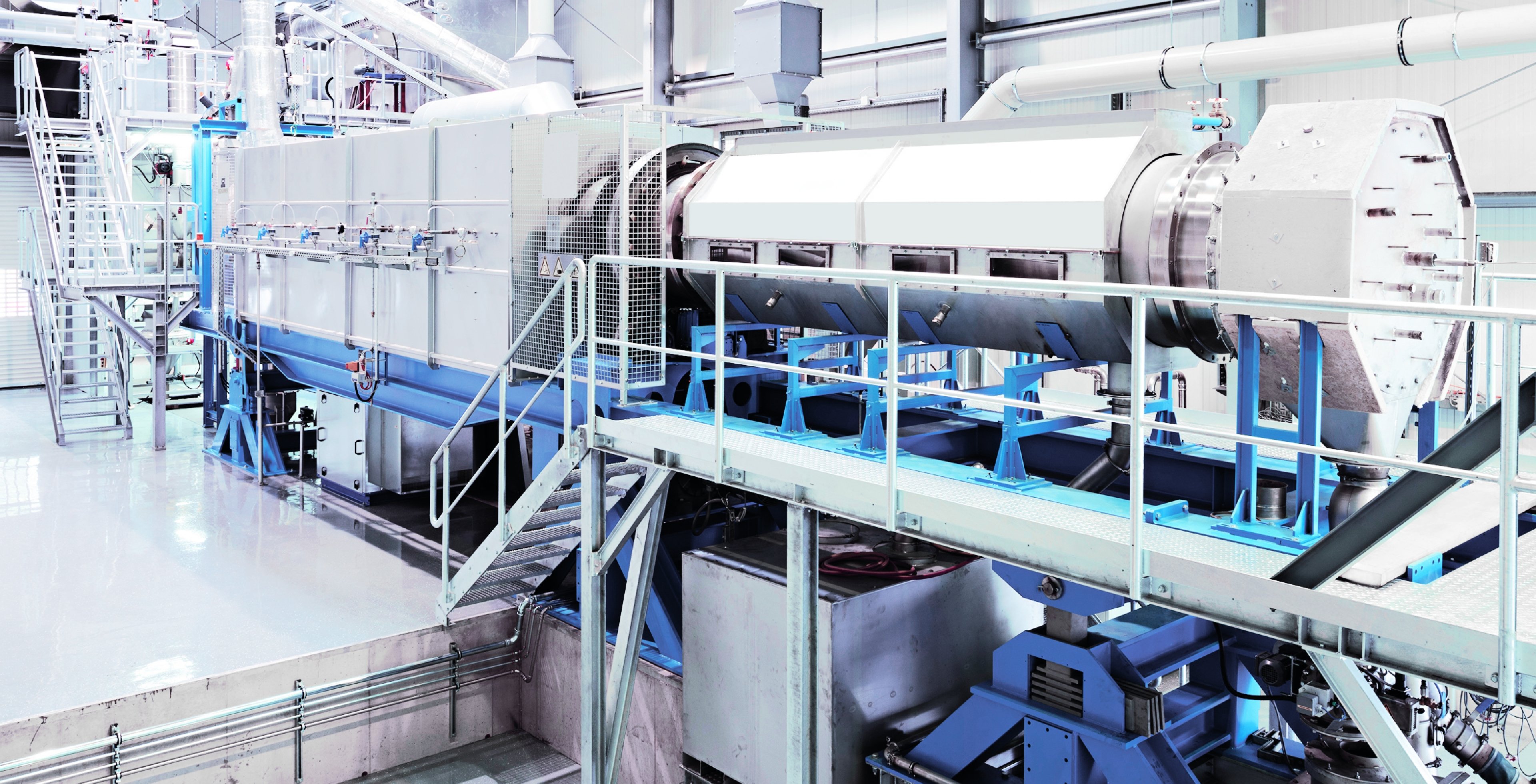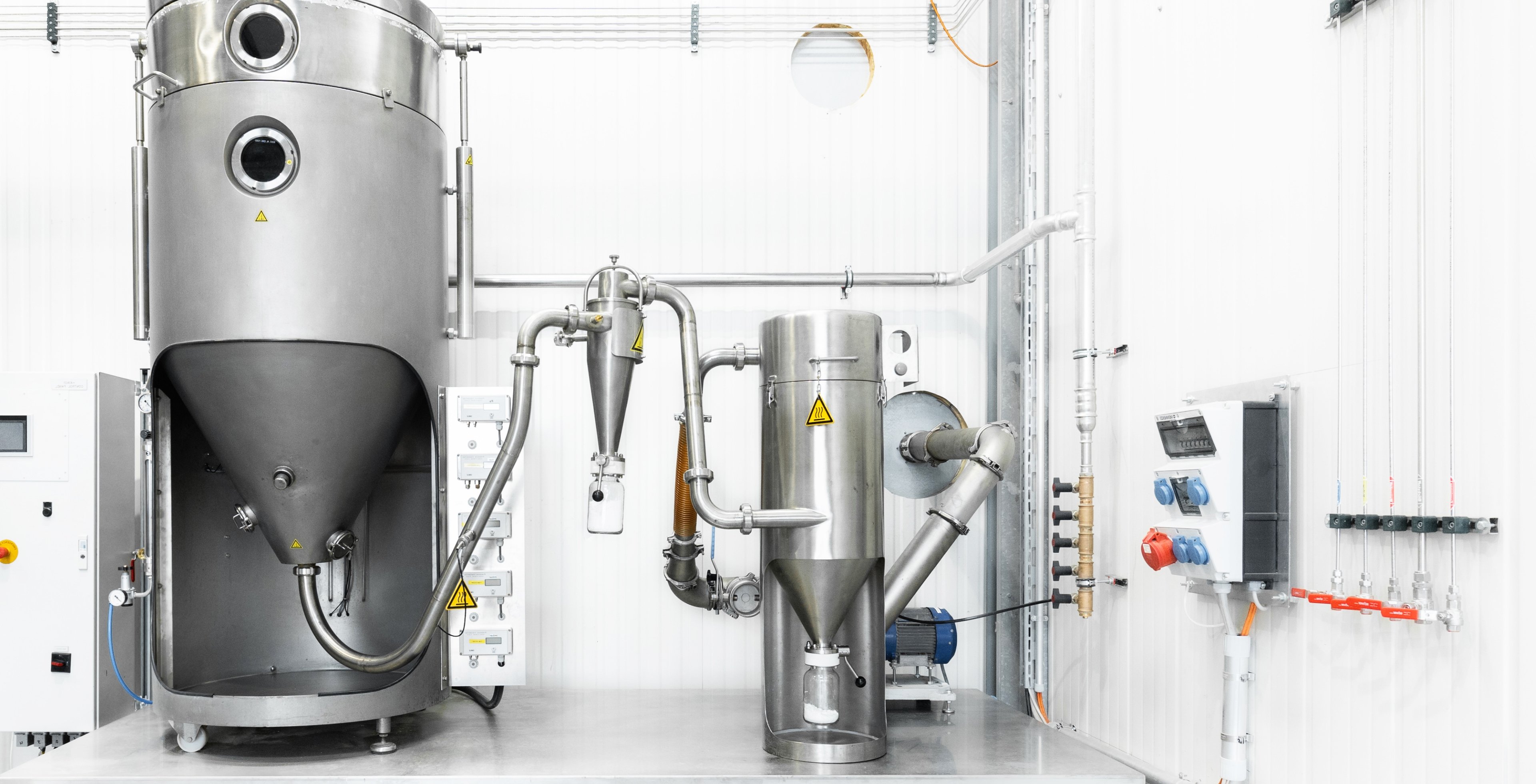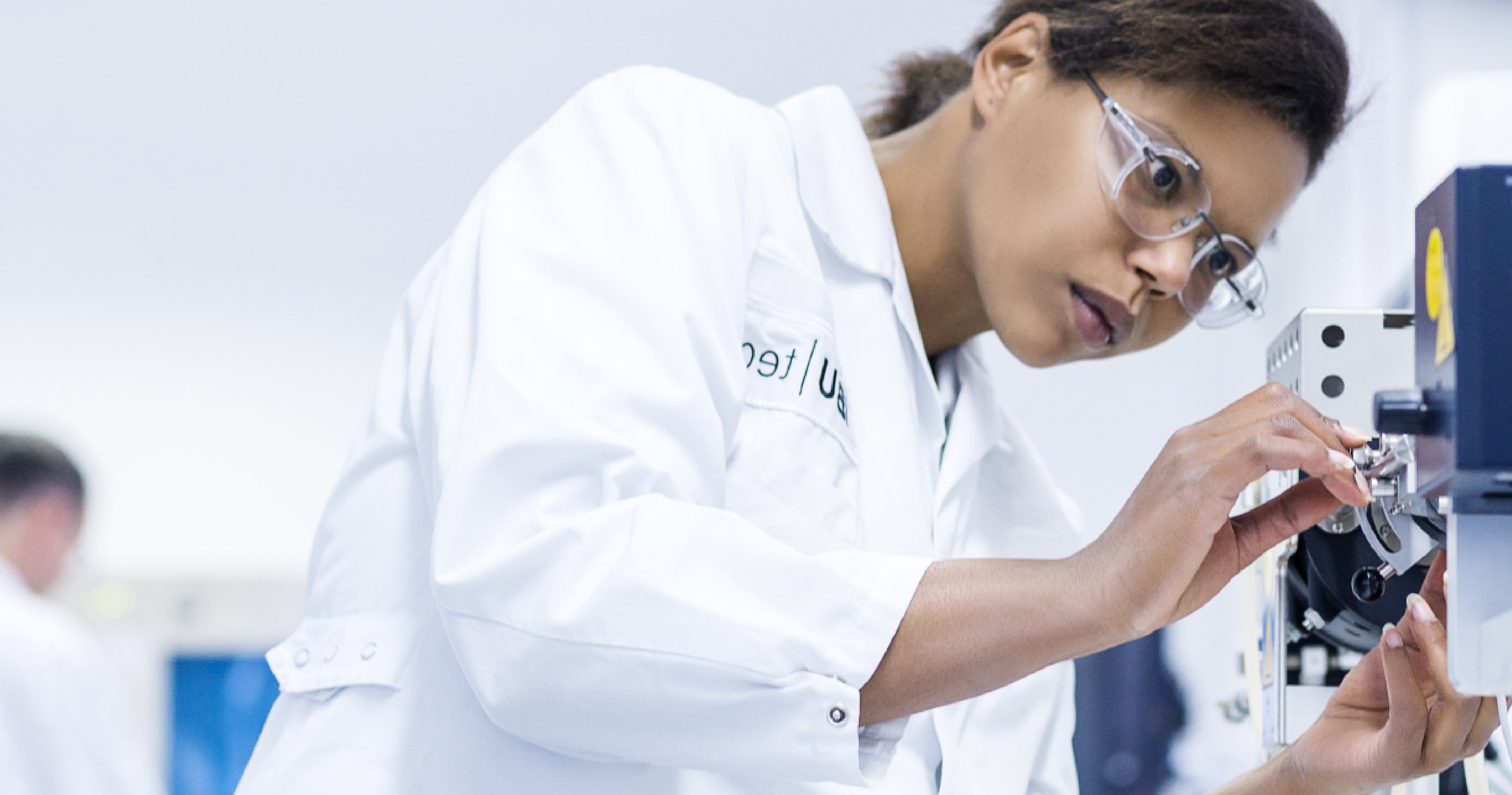Lithium-Iron-Phosphate
IBUvolt® LFP402
Cathode Material in Lithium-Ion-Batteries
IBUvolt® LFP402 – a lithium iron phosphate cathode material (LFP, LiFePO4) of the highest quality and for performance requirements, which are of crucial importance in the automotive industry. We have been producing LFP for over 10 years. IBUvolt® cathode material is the result of comprehensive product and process development, in which we can offer a high-quality cathode material with excellent fast-charging capability and outstanding long-term stability over many charging cycles thanks to our many years of experience in thermal process engineering.
LFP cathode material with high energy density
Optimized for NMP-based electrode coating
Focus on the application of lithium iron phosphate in electric vehicles
LFP Development Optimized for the Cell Design
Material development based on detailed customer feedback has made it possible to optimize the product properties specifically for the cell designs currently being produced. This continuous improvement ensures that our LFP cathode material not only meets current market requirements, but also future challenges. Particular focus was placed on coating technology with N-methyl-2-pyrrolidone (NMP) and polyvinylidene fluoride (PVDF), which has established itself in the industry as the standard process for producing electrodes with outstanding properties. The electrodes manufactured in this way achieve a high energy density and durability, which is crucial for the demanding applications in electric vehicles. Through constant dialog with our customers and continuous research and development, we ensure that our LFP solutions are always at the cutting edge of technology.
| Parameter | IBU Volt® LFP 402 |
|---|---|
PSD [µm] | 0.5 / 1.3 / ≤ 8.0 |
Energy Density [Wh/l] | |
| Specific Power W/kg (Electrode, 5C, 50 % SOC) | |
Cycle life | > 3000 |
LFP402 is a very fine LFP cathode material with an average particle size (d50) of approx. 1 µm. The material is characterized by a very high specific discharge capacity (mAh/g) and is optimized for particularly good compactability. Established production facilities can process this lithium iron phosphate without any problems, making it suitable for use in both electromobility and stationary energy storage systems.
IBUvolt® LFP402 was developed to meet the requirements of global battery cell manufacturers and is easy to process in industrial-scale production. The lithium iron phosphate has a high specific capacity of > 159 mAh/g, high compactability and very good conductivity. Our IBUvolt® LFP402 has been optimized to have a low carbon content of 1.4% by weight, a significant contribution to the improved compactability and conductivity of the material. At a pressure of 3 tons, LFP402 can be compacted to 2.4 g/cm³ – with a high conductivity of ~ 40 mS/cm. These properties also increase the energy efficiency and safety of electrodes and cells made from this material.
Production of our LFP Cathode Material
Our IBUvolt® cathode material is produced in an energy-efficient and low-emission process: A mixture of raw materials is processed into LFP cathode material in four successive production steps: Mixing the raw materials with water and adjusting the particle size, drying the homogeneous suspension in the spray dryer, calcining the spray powder in the rotary kiln, deagglomeration and grinding to adjust the final particle size

The Significance of Battery Technology
The battery industry will play a crucial role in the decarbonization of the energy infrastructure, as it is one of the foundations for the transition to renewable energies. By storing electricity from solar and wind power plants, batteries can contribute to a reliable energy supply even when production fluctuates. In the automotive industry, high-performance batteries promote the switch to electric vehicles, which would drastically reduce local CO₂ emissions in transportation.
In general, the development of durable and efficient batteries is driving various innovations in different sectors and industries. Overall, the battery industry is making a significant contribution to reducing fossil fuels and is an important building block in shaping a lower-carbon future.

Sustainability in the Production of Lithium Iron Phosphate Cathode Materials
In the manufacture of battery cells, the sustainability of production is of particular importance, as the climate friendliness of battery technology depends on the overall CO2 balance. IBUvolt therefore relies on energy-efficient processes for the production of cathode materials! The already comparatively low CO2 footprint is constantly being reduced through the use of new processes and alternative energy sources. Together with our partners, we are pursuing the goal of continuously minimizing CO2 emissions in the production of batteries.
The raw materials for our lithium iron phosphate are sourced in accordance with strict European specifications and our process design is also state-of-the-art in order to counteract environmental pollution. For example, we produce our suspensions using only water and no solvents in the process. Spray drying is energy-efficient, and in our core competence, calcination, we have been able to draw on decades of experience in process optimization to make our manufacturing processes as energy-efficient as possible.




